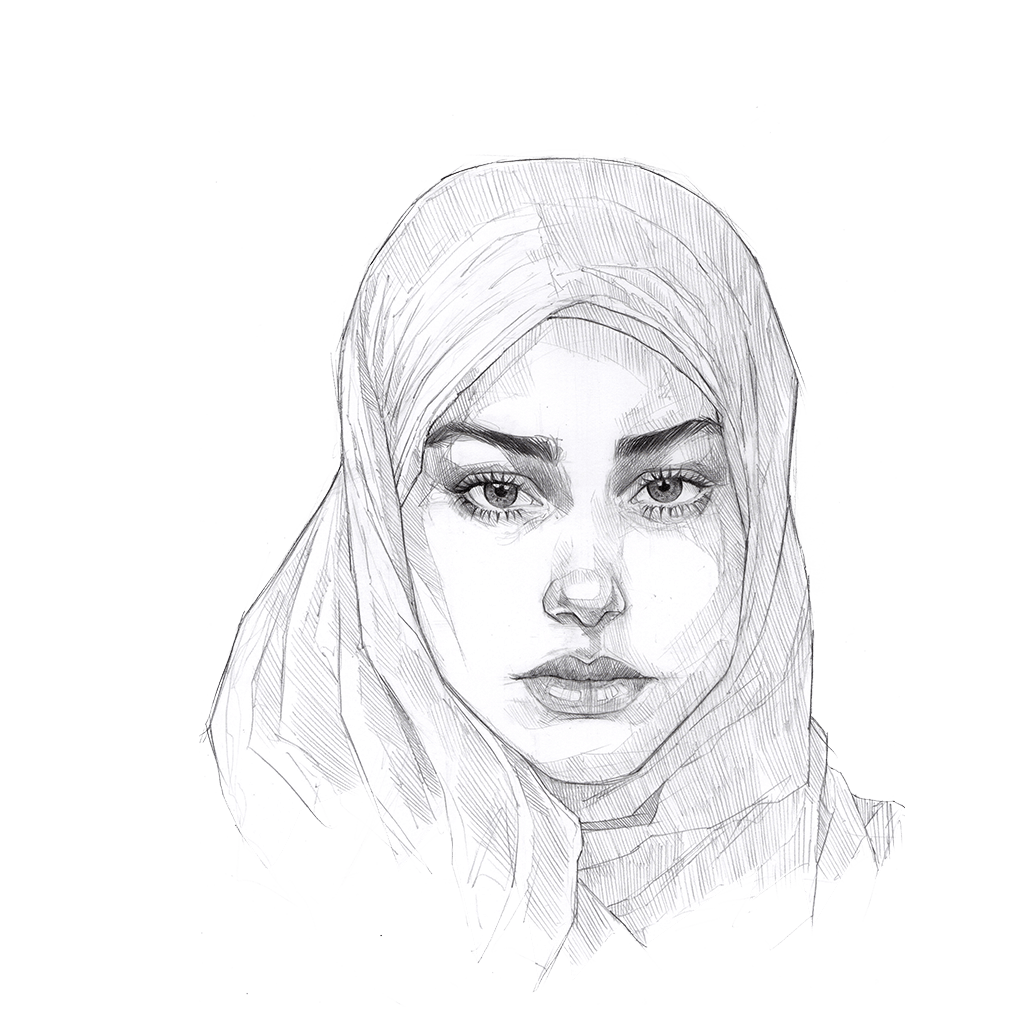A Canadian person does not understand where I’m coming from
Participant 1: So, like I completely understand where you might be uncomfortable speaking with someone from your own background, especially [unclear] taboos and stereotypes and whatnot. However, personally, I’ve been to, like, a psychologist from my own background and I’ve been to a psychologist from Canada; and honestly there was that feeling like a Canadian person does not understand where I’m coming from, especially when it came to, like, family dynamics. So, I feel like there is some sort of connection speaking to someone from your own background. And if you were to hire someone [from our cultural background] for this type of job, I’d only expect, especially as a student, that this person was going to be as open minded and - I mean, I’d hope that they went through enough training, or like, tests, or interviews, or whatever they had to go through to make sure that they weren’t gonna be judging their own people in a sense.
Participant 2: I think I agree with her, because even though there might be fear of being judged, I think talking to someone from a similar background can also have its benefits. If I talk to [someone from a similar background], they might understand my fear, that I would be scared from certain things; and they would get it just because they know how the culture is like. Yeah, I agree with her point a hundred percent.
Recommendations
-
Sign on with a service such as KeepMe.Safe, which connects students with mental health professionals from cultures around the world and promote this service as part of university SV/SA service provision.
-
When responding to a disclosure or report of sexual violence involving racially or ethnically marginalized students, provide these students with the choice to work with someone who shares their cultural or racial identity or someone who does not.
-
Engage in activities to develop cultural responsiveness as it pertains to sexual violence prevention and response. Apply culturally responsive practices in these areas.
-
Consider how a student's identities might affect their expectations and concerns when accessing supports following a sexual assault, or when involved in a sexual assault investigation.

